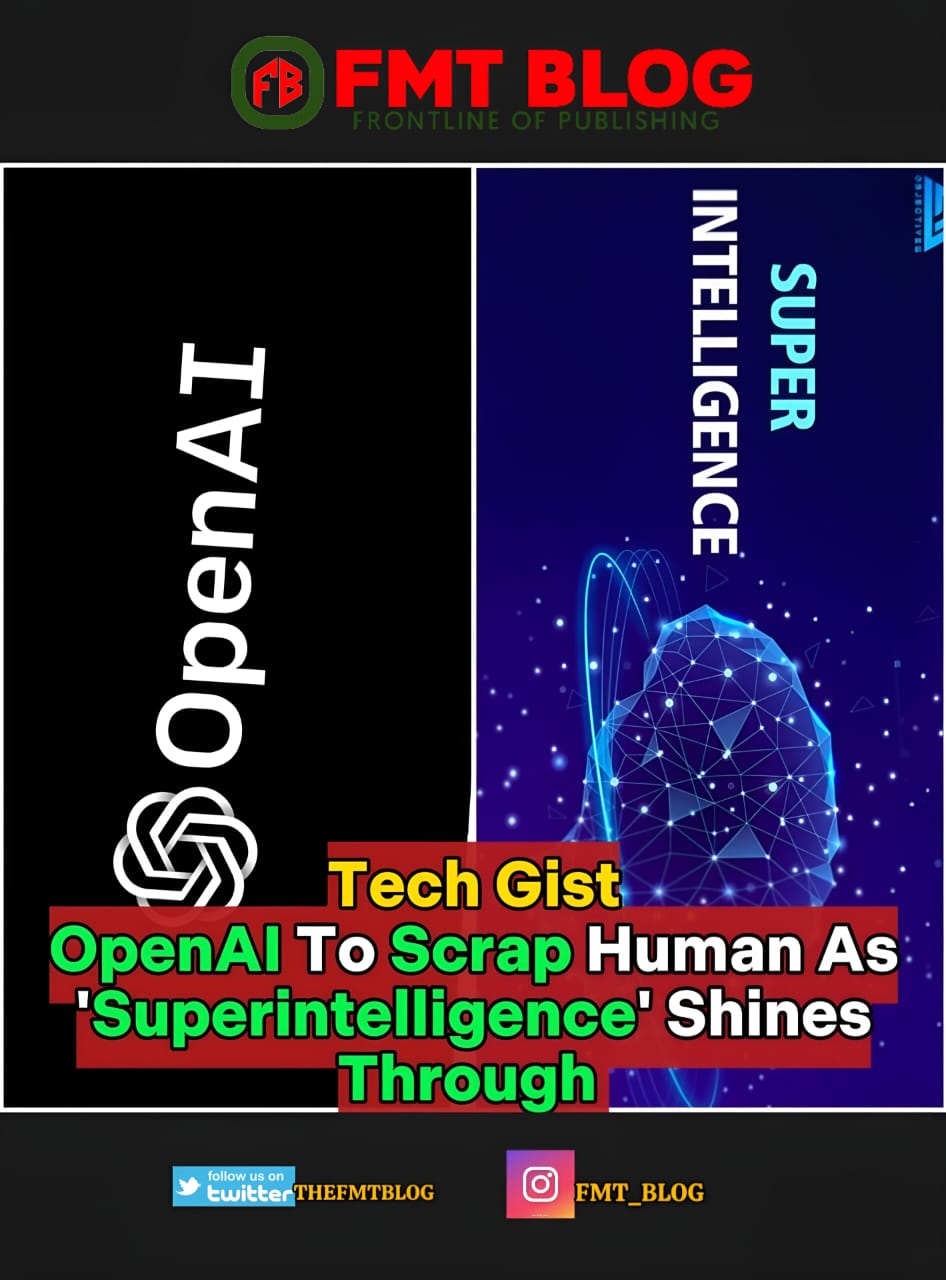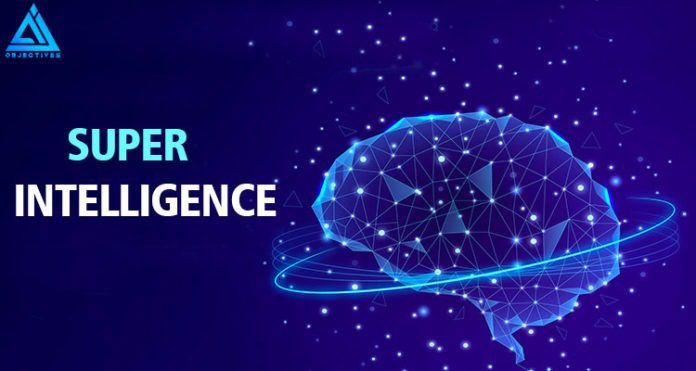
The parent company of ChatGPT, OpenAI, appears to have solved the ‘superintelligence’ problem and is now considering the ramifications for humans.

The reasons behind OpenAI’s decision to fire CEO and co-founder Sam Altman and rehire him are becoming clearer in the wake of the action. According to a recent article in The Information, the internal disturbance is attributed, at the very least, to a breakthrough in generative AI that may result in the creation of “superintelligence” within the next ten years or sooner.

As you might expect, superintelligence is intelligence that surpasses that of humans. Naturally, the creation of AI capable of such intelligence without appropriate protections is a serious cause for concern.
The Information claims that OpenAI Chief Scientist (and board member with many regrets) Ilya Sutskever led the charge on the discovery.
Using cleaner, computer-generated data enables AI to handle issues it has never encountered before. This indicates that the AI is taught on data unrelated to the problem rather than numerous variations of the same issue. This type of issue-solving necessitates reasoning and is typically applied to math or science problems. It’s something we do, not something AIs do.
READ ALSO- Android 14- Samsung Reveals Dates For One UI 6.0 Rollout On Compatible Devices (Check Yours Now)

ChatGPT, OpenAI’s main consumer-facing product, is utilizing reason to formulate its responses because it is driven by the GPT large language model [LLM]. However, if you spend enough time using ChatGPT, you’ll quickly see that it’s merely repeating what it has learnt from the enormous amounts of data it has been fed. It’s making reasonably correct assumptions about how to construct coherent phrases that are relevant to your query. This is not a case of logic.
Though Altman may have hinted at this development in a recent conference speech when he said, “on a personal note, just in the last couple of weeks, I have gotten to be in the room, when we sort of like push the sort of the veil of ignorance back and the frontier of discovery forward,” The Information asserts that this breakthrough sent shockwaves throughout OpenAI.
Controlling the danger
Although ChatGPT does not now exhibit superintelligence, OpenAI is undoubtedly aiming to incorporate some of this power into, at the very least, some of its premium products, such as GPT-4 Turbo and those chatbot agents from GPT (as well as potential future “intelligent agents”).
Sutskever initially backed the board’s recent moves, but it might be overreaching to link superintelligence to them. The discovery occurred months ago and inspired Sutskever and Jan Leike, another OpenAI scientist, to establish Superaligment, a new OpenAI research team dedicated to creating protections against superintelligence.
You did hear correctly. The same corporation developing superintelligence is also creating defence mechanisms against it. You can see what I mean when you picture Doctor Frankenstein arming the villagers with flamethrowers.
How internal worries about the quick emergence of superintelligence could have led to Altman’s termination is unclear from the report. It may make no difference.
As of this writing, Altman has returned to OpenAI, the board has transformed, and work on developing superintelligence and safeguarding humanity from it is still underway.
To get more clarity of mind on this subject matter, you may wish to inquire more by asking ChatGPT
Culled from :Lance



